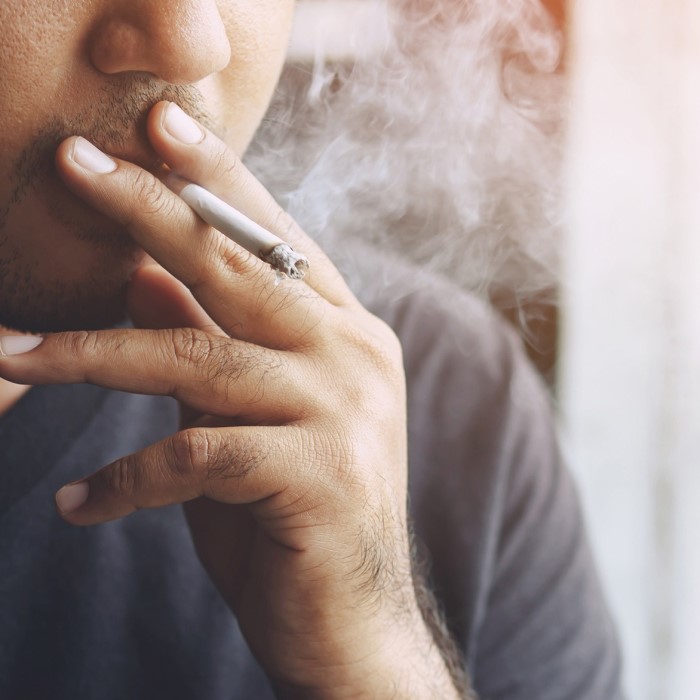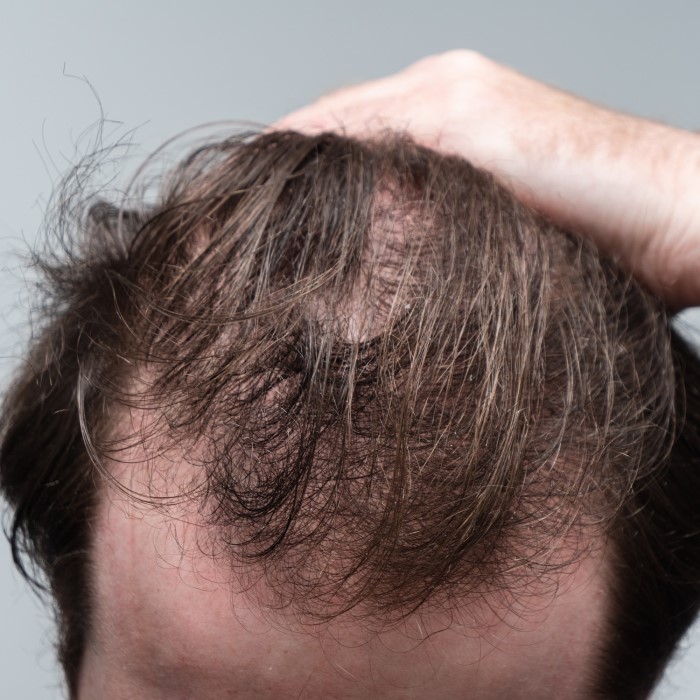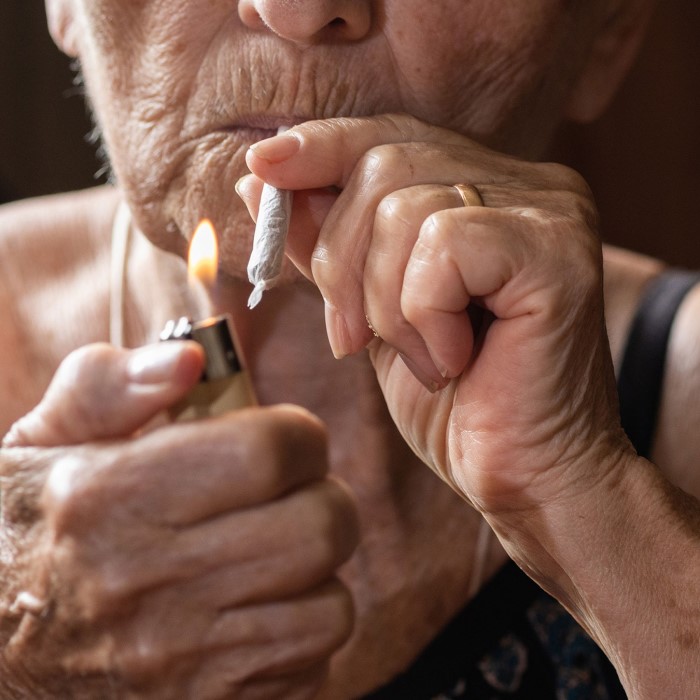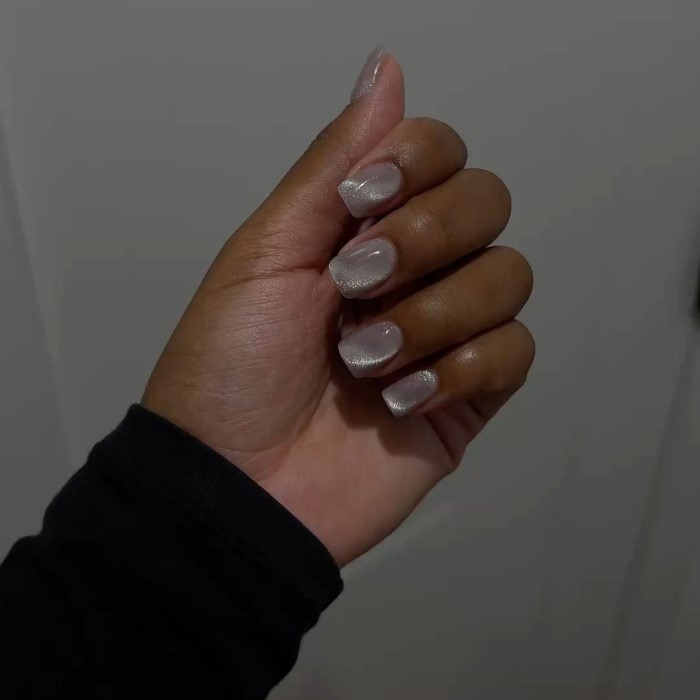
Does Smoking Weed Cause Hair Loss? Facts You Need to Know
Introduction: The Connection Between Smoking Weed and Hair Loss
In recent years, marijuana usage has gained considerable popularity, leading to increased interest in its effects on various aspects of health. One question many people are asking is, does smoking weed cause hair loss? While some anecdotal evidence may suggest a link between cannabis use and hair thinning, scientific research provides a more nuanced view. This article aims to dissect the relationship between smoking weed and hair loss, exploring the science behind it, potential effects, and common myths.
Understanding this connection is essential for those who use cannabis for recreational or medicinal purposes. It is important to make informed choices regarding health and well-being. In this article, we will delve into the mechanisms that might link smoking weed to hair health, presenting facts and points to help you better understand this subject.

The Biology of Hair Growth
Understanding Hair Growth Phases
Before exploring the effects of marijuana on hair health, it’s essential to understand how hair grows. Hair follicles go through several phases during their growth cycle:
- Anagen Phase: This is the active growth phase and lasts for several years. During this time, the hair grows rapidly.
- Catagen Phase: This transitional phase lasts a few weeks. During catagen, hair growth slows, and the hair follicle prepares for the resting phase.
- Telogen Phase: This is the resting phase. After about three months, hair follicles push out the old hair, leading to shedding.
Understanding these phases helps explain why hair loss occurs sporadically and what factors can influence these cycles. It also lays the groundwork for understanding how external factors like smoking weed might disrupt this natural process.
Factors Influencing Hair Health
Various factors can affect hair health, including genetics, hormonal changes, diet, stress, and substance use. For those wondering if does smoking weed cause hair loss, it is important to consider how cannabis could play a role in these factors.
- Hormonal Changes: Cannabis can influence hormone levels in the body, particularly cortisol and testosterone. These hormones can impact hair growth and shedding.
- Nutritional Deficiencies: Diet plays a critical role in hair health. Some studies suggest cannabis users may neglect proper nutrition, inhibiting hair growth.
- Stress Response: While cannabis is often used to alleviate stress, chronic use can lead to dependency and increased stress levels when not used, which can adversely impact hair health.
Investigating the Claims: Does Smoking Weed Cause Hair Loss?
Research and Evidence
A definitive link between smoking weed and hair loss remains poorly established. Several studies have explored the impact of marijuana on various physiological functions, but direct studies on hair loss are limited. Here are some findings from related research:
Hormonal Imbalances
- Influence of Marijuana on Hormones
Some studies have indicated that marijuana consumption may influence the production of hormones that regulate hair growth. Cannabinoids in marijuana can interact with the endocannabinoid system, which plays a significant role in regulating various bodily functions, including hormonal balance. This interaction may lead to fluctuations in hormone levels. - Effects of Elevated Stress Hormones
Elevated levels of stress hormones, particularly cortisol, have been linked to hair shedding. When individuals experience stress, cortisol levels in the body increase. High cortisol levels can lead to increased hair loss by disrupting the normal hair growth cycle. - Disruption of the Hair Growth Cycle
The hair growth cycle is composed of several phases, including the anagen (growth), catagen (transitional), and telogen (resting) phases. When cortisol levels are elevated, more hair follicles can prematurely enter the telogen phase. This condition leads to increased hair shedding, as hair stays in the resting state longer without transitioning back to growth. - Connection to Telogen Effluvium
This disruption can contribute to conditions such as telogen effluvium, a temporary form of hair loss that occurs when a significant number of hair follicles enter the telogen phase simultaneously. Individuals experiencing telogen effluvium may notice excessive hair shedding, often several months after a triggering event, such as increased stress.
Inflammation
- General Effects of Smoking on Inflammation
Smoking, including the smoking of marijuana, has been shown to promote inflammation throughout the body. The combustion process releases toxins and irritants that may contribute to systemic inflammation, which can have far-reaching effects on overall health. - Impact on Hair Follicle Function
Chronic inflammation does not only affect general health; it can also interfere with the normal functioning of hair follicles. Inflammatory responses can hinder the hair’s growth cycle by affecting the delicate environment in which hair follicles thrive. - Inhibition of Hair Growth
Inflammation can lead to the release of certain cytokines, which are signaling molecules that can further exacerbate inflammation. Such an environment can inhibit normal hair growth and may result in thinning hair or hair loss over time. As hair follicles become inflamed, their ability to produce healthy hair diminishes. - Contributing Factors
Other factors associated with inflammation, such as poor diet, lack of exercise, and stress, can also compound the issue of hair loss. Smoking may add additional risk factors to an already compromised system, leading to greater challenges in sustaining healthy hair.
Genetic Factors
- Role of Genetic Predisposition
For some individuals, genetic predisposition plays a stronger role in hair loss than external factors like smoking weed. Genetics largely determine the likelihood of experiencing conditions such as androgenetic alopecia (commonly known as male or female pattern baldness). - Hereditary Patterns and Hair Loss
In cases where hair loss is hereditary, the influence of lifestyle choices or environmental factors tends to be minimal. Genetic factors can dictate the sensitivity of hair follicles to hormones like dihydrotestosterone (DHT), which is derived from testosterone and plays a crucial role in hair loss. - Understanding Individual Variability
As a result, even if smoking marijuana has some influence on hair health, its effects may not be significant compared to hereditary patterns. Therefore, individuals with a strong family history of hair loss may not notice additional impacts from their cannabis use, as their genetic makeup may primarily drive their hair loss. - Holistic Approach
Understanding that hair loss can stem from a combination of influences is vital. While smoking weed may impact hormone levels and promote inflammation, individuals should consider the more dominant genetic factors affecting their hair. A holistic approach that includes family history, lifestyle choices, and overall health can give a clearer picture of one’s hair health.
Anecdotal Experiences
Many individuals have shared personal experiences regarding hair loss and cannabis use. While some report that their hair has thinned after extended marijuana use, it is essential to understand that individual results may vary widely. Factors such as frequency of use, overall health, and genetics all play a role.
It’s crucial to recognize that correlation does not imply causation; just because someone experiences hair loss during the time they use cannabis does not mean the marijuana caused it.
Addressing Common Concerns and Myths
Will My Hair Grow Back if I Stop Smoking Weed?
This is a common concern among those who suspect their cannabis use may be affecting their hair health. The answer depends on several factors. If hair loss is linked to external stressors or hormonal changes caused by smoking, stopping may allow your body to return to a more balanced state.
- Hormonal Stabilization: Once you stop using marijuana, your hormone levels may stabilize, potentially promoting a healthier environment for hair growth.
- Healthy Practices: Implementing a balanced diet and proper hair care regimen can further support hair regrowth.
- Time: It may take time for hair to grow back. The anagen phase needs time for growth to occur, so patience is key during this recovery period.
Can Smoking Too Much Weed Cause Hair Loss?
The amount of cannabis you consume can play a role in its effects on your body. Excessive smoking may lead to nutritional deficiencies or hormonal imbalances, which can impact hair health. However, not everyone will experience hair loss as a result of smoking weed.
- Moderation: Using cannabis in moderation coupled with a healthy lifestyle may lessen any potential risks to your hair health.
- Monitoring Use: If you notice changes in your hair, consider evaluating your cannabis consumption patterns and lifestyle choices to identify any areas for improvement.
Is Weed Good or Bad for Hair?
The narrative around whether weed is beneficial or detrimental to hair varies. Some users claim that cannabis can improve hair health because it contains properties that promote circulation and pain relief.
- Potential Benefits: Cannabinoids may provide some benefits when applied topically in the form of oils or treatments, potentially promoting a healthy environment for hair follicles.
- Side Effects: Conversely, the smoking aspect of cannabis can lead to some adverse effects because it releases toxins that may hinder circulation.
Other Factors to Consider
While the primary focus might be on smoking weed and hair loss, it is essential to consider other factors that might be contributing to hair health issues.
- Overall Lifestyle: Factors such as stress, diet, and other lifestyle choices are critical to hair health. Evaluating your overall habits can provide insight into potential causes of hair loss.
- Genetics: Often, hair loss is hereditary. If there’s a family history of baldness or thinning hair, it may reduce the significance of cannabis use as a contributing factor.
In conclusion, the question does smoking weed cause hair loss is complex and multifaceted. This topic encompasses various factors, from hormonal changes to individual genetics and lifestyle choices. While there may be some connections, the research is insufficient for definitive answers.
Understanding your hair health goes beyond just considering cannabis use; it requires a holistic view of your overall lifestyle and well-being. Awareness of how different habits can impact your hair will empower you to make choices that promote hair growth and mitigate loss.
If you are experiencing hair loss and are concerned about your cannabis usage, consulting a healthcare professional or dermatologist can provide tailored guidance to address your specific situation. Remember, your hair health is valuable, and taking the right steps can lead to positive changes.




